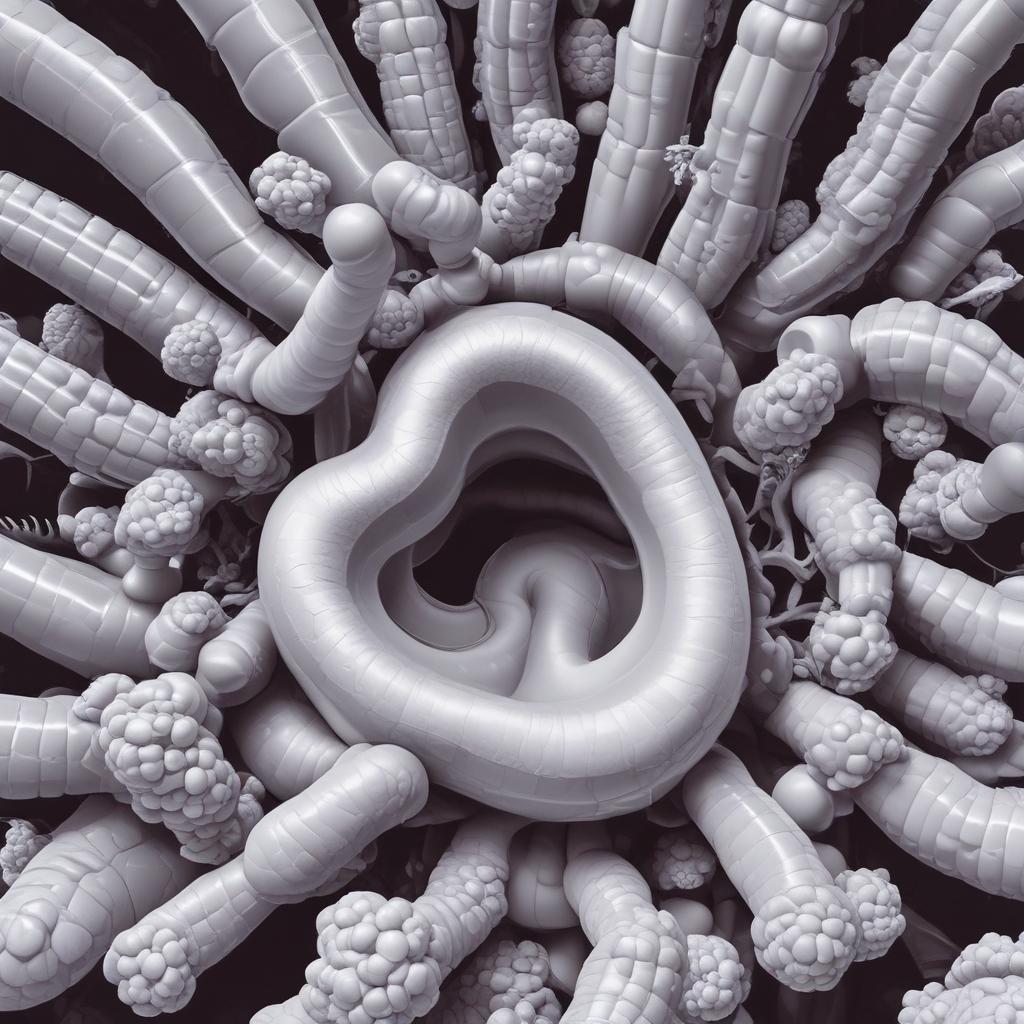Immune checkpoint inhibitors in polymerase ε/polymerase δ (POLE/POLD1)-altered colorectal cancer
DNA polymerases are crucial enzymes in DNA replication, ensuring that the genetic information is accurately copied for cell division or the repair of damaged DNA. Here’s a bit more detail on the mechanisms of DNA polymerases:
- Template-directed synthesis: DNA polymerases add nucleotides to the growing DNA strand in a 5′ to 3′ direction. They require a template strand, which they “read” to determine which nucleotide to incorporate into the new strand. This ensures that each new base complements the template (adenine pairs with thymine, and cytosine pairs with guanine in DNA).
- Proofreading exonuclease activity: Many DNA polymerases have a 3′ to 5′ exonuclease activity that allows them to remove incorrectly paired nucleotides immediately after being added. If a polymerase inserts a wrong nucleotide, it can backtrack, excise the incorrect base, and then correctly re-synthesize the segment.
- Mismatch repair: After DNA replication, the mismatch repair system can correct any mismatches that escape the proofreading activity of DNA polymerases. This system recognizes and repairs incorrectly paired nucleotides that result from replication errors, recombination, or chemical damage.
- High fidelity: The combination of these mechanisms results in extremely high fidelity of DNA replication, with an error rate as low as 1 mistake per 10^9 to 10^10 nucleotides added. This low error rate is crucial for preserving genetic information across generations and preventing mutations that could lead to diseases such as cancer. In addition to these mechanisms, other factors contribute to the fidelity of DNA replication, including the selection of correct nucleotide substrates by the polymerase, the geometry of the DNA polymerase active site, and the presence of accessory proteins that can increase the efficiency and accuracy of DNA synthesis.
Dr. Sundar and his team discuss the significance of DNA polymerases in DNA replication and the impact of mutations in POLE/D1 on colorectal cancer. They emphasize the potential benefits of immunotherapy for POLE/D1 mutated tumors and the need for further research to optimize treatment strategies for this specific patient subgroup.
Mutations in POLE/D1 can increase the sensitivity of colorectal cancer tumors to immune checkpoint inhibitors (ICIs) by enhancing the tumor’s immunogenicity by generating tumor-associated neoantigens. This heightened sensitivity is attributed to the abundance of neoantigens, facilitating improved recognition by the adaptive immune response. Tumors with POLE/D1 proofreading defects have been shown to have increased overall response rates and improved survival outcomes when treated with ICIs compared to microsatellite instability-high (MSI-H) or mismatch repair deficient (dMMR) tumors.
POLE/D1 mutations in colorectal cancer have specific implications for treatment strategies and patient outcomes. These mutations, particularly those leading to proofreading defects, resulting in a high tumor mutational burden (TMB) and increased immunogenicity, making POLE/D1 mutated tumors more sensitive to immune checkpoint inhibitors (ICIs) than MSI-H/dMMR tumors. This heightened sensitivity to ICIs can improve response rates and survival outcomes for patients with POLE/D1 mutations, suggesting the potential for personalized treatment approaches based on tumor molecular characteristics.
The increased sensitivity of POLE/D1 mutated tumors to immunotherapy compared to MSI-H/dMMR tumors has implications for treatment strategies and patient outcomes. POLE/D1 mutated tumors may benefit more from immune checkpoint inhibitors (ICIs) due to their heightened immunogenicity and increased response rates. This suggests personalized treatment approaches based on specific tumor molecular characteristics, such as POLE/D1 mutations, could improve colorectal cancer patients’ therapeutic outcomes. Additionally, understanding the differences in sensitivity to ICIs between these tumor subtypes can guide the development of more effective and tailored immunotherapy regimens for patients with colorectal cancer.
Potential resistance mechanisms to immune checkpoint inhibitors (ICIs) in patients with POLE/D1 mutations in colorectal cancer are not yet fully understood. While MSI-H/dMMR tumors may develop resistance through alterations in antigen presentation, it remains unclear if POLE/D1 mutated tumors share similar resistance mechanisms. Further research is needed to elucidate these mechanisms and explore alternative therapeutic strategies for patients with POLE/D1 mutations who may develop resistance to ICIs.
It is important to conduct additional research to determine the most effective treatment approaches for patients with POLE/D1 mutated colorectal cancer because current evidence suggests that these tumors exhibit increased sensitivity to immune checkpoint inhibitors (ICIs) compared to MSI-H/dMMR tumors. Further research can help optimize treatment strategies, identify potential resistance mechanisms, and explore alternative therapeutic options for patients with POLE/D1 mutations, ultimately improving outcomes and personalized care for this specific subgroup of colorectal cancer patients.
Source: <a href=”https://www.annalsofoncology.org/article/S0923-7534(24)00112-1/fulltext?rss=yes”>Link</a>



